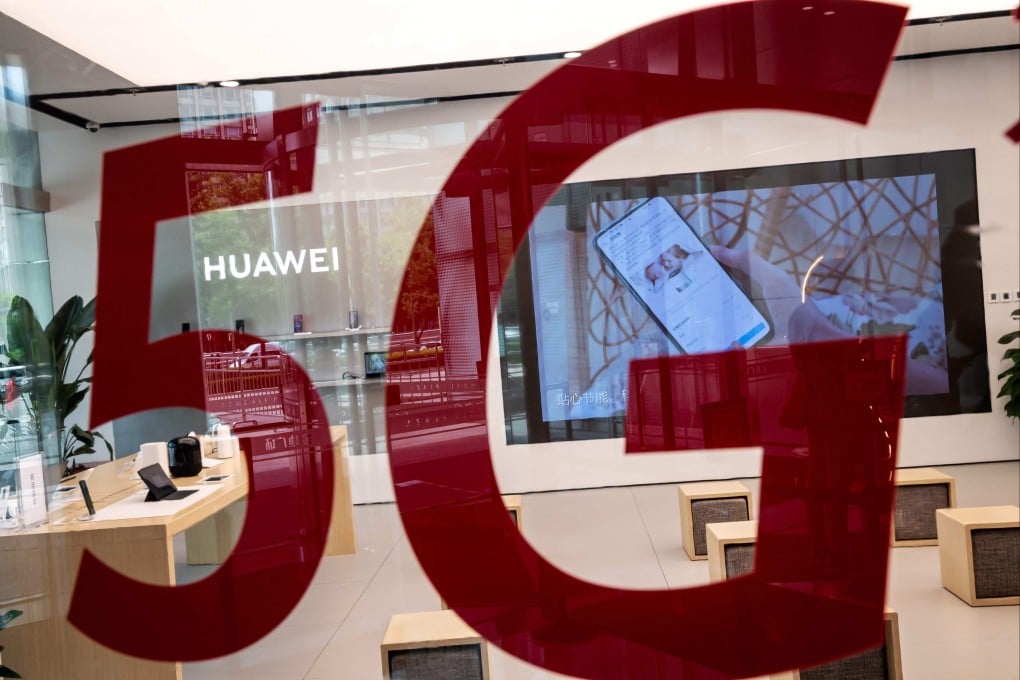China’s rising star in smartphone 5G chips sees silver lining in weak consumer market
- Unisoc has emerged as a key supplier of smartphone chips to Chinese brands such as Honor and Vivo, and it ranked No 5 globally in 2021
- Global sales of 5G handsets will account for more than half of total smartphone shipments this year, according to IDC

Unisoc, China’s largest fabless chip company in the mobile phone processor market, sees a bright future for its 5G chips despite weakening consumer demand for smartphones, the company’s chairman said.
Demand for 5G smartphones will be strong over the next three years, providing a market opportunity for Unisoc, Wu Shengwu, chairman of Unisoc Technology Co, said at the Semicon China executive summit in Shanghai on Tuesday.
Over the past two years, Unisoc has emerged as a key player in providing smartphone chips to Chinese brands such as Honor and Vivo. In 2021, it was ranked as the world’s fifth largest mobile phone chip supplier, according to data from CINNO Research.
Wu said the industry was facing a series of complicated challenges, including the Covid-19 pandemic, Russia-Ukraine war, inflation, US Federal Reserve interest rate hikes, deglobalisation, and the downward cycle of the global semiconductor industry.
However, Wu said Unisoc was well positioned to get through the difficult times with its capability of designing 6-nanometre chips, one of the most advanced process nodes for communication chips.
In his talk on Tuesday, Wu said the latest US semiconductor export controls on China were a risk factor for the chip industry, but did not elaborate.